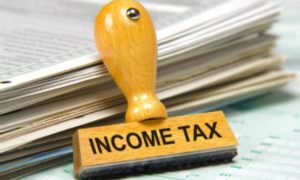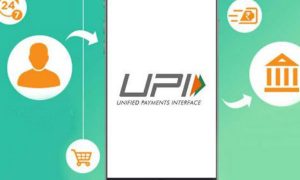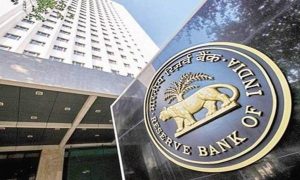Credit cards help manage finances, especially for salaried individuals. Avoid mistakes like not checking your credit score, ignoring eligibility criteria, providing inaccurate information, and not reading terms.
Credit cards are quite useful in managing your financial requirements. For individuals with a stable but fixed income, especially the salaried, credit cards are a handy tool as it allows you to meet expenses without spending your earnings immediately. The credit free period of 18-55 days offered by most issuers, which come with multiple reward points, cashbacks and free air miles, is indeed a good enough incentive to lap up a credit card.
Read More:- Becoming a non-resident: Essential checklist for income tax and FEMA compliance
Banks issue credit cards to salaried individuals, self-employed professionals and business owners. Credit cards are no doubt a convenient tool. But here are a few mistakes that you should avoid while applying for a credit card.
Failure to check credit score
The credit score is the most important metric available with banks and financial institutions to assess the repayment capacity of an individual. They check your credit score, which is available with credit bureaus such as TransUnion CIBIL, before sanctioning a loan or any credit product. A credit score of above 750 is typically considered a good one for getting a credit card. A credit score is a three-digit number—between 300 and 900—used for evaluating the financial health of an individual.
Read More:- RBI governor Shaktikanta Das has his task cut out as Fed surprises with a 50 basis point rate cut
Failure to check the credit score is one of the major mistakes that one should avoid while applying for a credit card. If your credit score is quite poor, banks will not issue a credit card. But don’t get upset with a poor score as you can always improve on it. In such cases, it is better to wait before applying for a credit card as it would give the much-needed time to improve your score. Checking the credit score is a must as it would also help you find errors and inconsistencies in the credit report and get them corrected.
Ignoring eligibility criteria
There are a lot of credit cards that are available now with each one being tailor-made to suit specific requirements. If your income level does not match with the credit card that you are applying for, your application may get rejected. So, make sure that you apply for the credit card that matches your financial profile.
If your income level is not quite high, you should not apply for a high-end or premium credit card. Conversely, high earners will be easily able to get a luxury credit card that comes with a host of benefits.
Applications with basic errors
This may seem quite mundane but nonetheless is an important thing to keep in mind while applying for a credit card. Providing incorrect and inconsistent information in your application is a major mistake that should be avoided. For instance, if your annual income in your ITR (Income Tax Return) is ₹3.6 lakh per annum but if you overstate it in your application just to increase your chances for getting the card, you will end up not getting it at all.
Lenders verify the information you provide and major discrepancies will result in the rejection of the application. Always be honest and give accurate details to banks. Your credit card application should have all the basic information such as income proof (salary certificate or ITR), identity proof (Aadhaar Card) and address proof (PAN Card, Voter ID, or Driving Licence).
Read More: Subhadra Yojana eligible beneficiaries to get Rs 10,000 a year: When will you get first instalment?
Not reading the fine print
Credit cards come with all sorts of conditions including interest-free period, late payment fee and the monthly interest charged on outstanding balances. Do read the fine print before signing on a credit card application as it would help you in making an informed choice. Almost all banks offer life-time free credit cards for individuals with a good credit score, especially the salaried. But such privileges are not available for everyone.
Your credit card may come with a hefty joining fee and high annual charges. If you read the eligibility conditions properly, you will be able to avoid the shock of having to pay charges that you are unaware of. If you are aware of what the credit card has to offer, you would be in a position to assess whether the benefits outweigh the fee and other costs.
Also Read : Ayushman Bharat Update: New Add-on Scheme– Diseases Covered & Eligibility For Ayushman Card
Making frequent and multiple applications
If you are applying for credit cards on a frequent basis, you would be considered as a person who is desperate for credit and that could make your credit profile ‘high risk’. While high income earners own multiple credit cards, individuals with average levels of income should own just a single card and should not make applications to multiple issuers within a short timeframe in the hope of getting at least one.
If a credit card application is rejected for a valid reason such as a poor credit score, it is better to wait for six months to one-year before trying for the next time. This not only gives an opportunity to improve your credit score but also increases the chances of getting the card significantly.





































